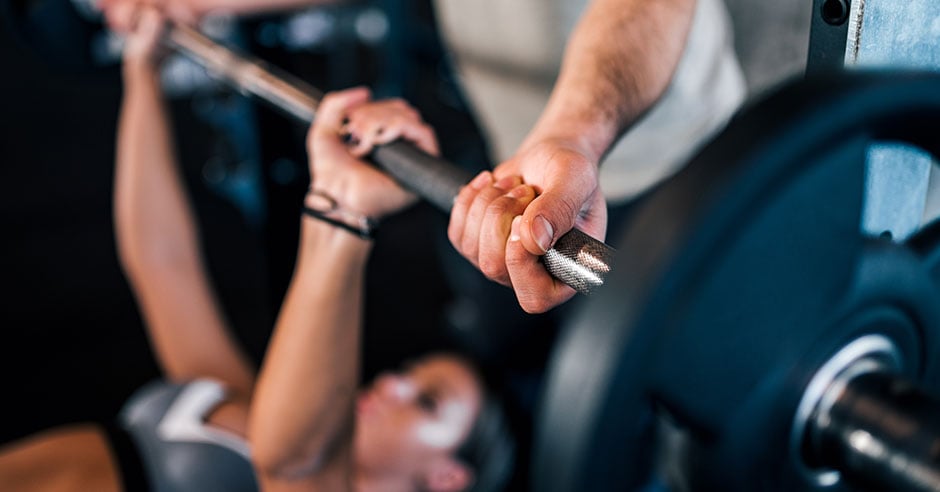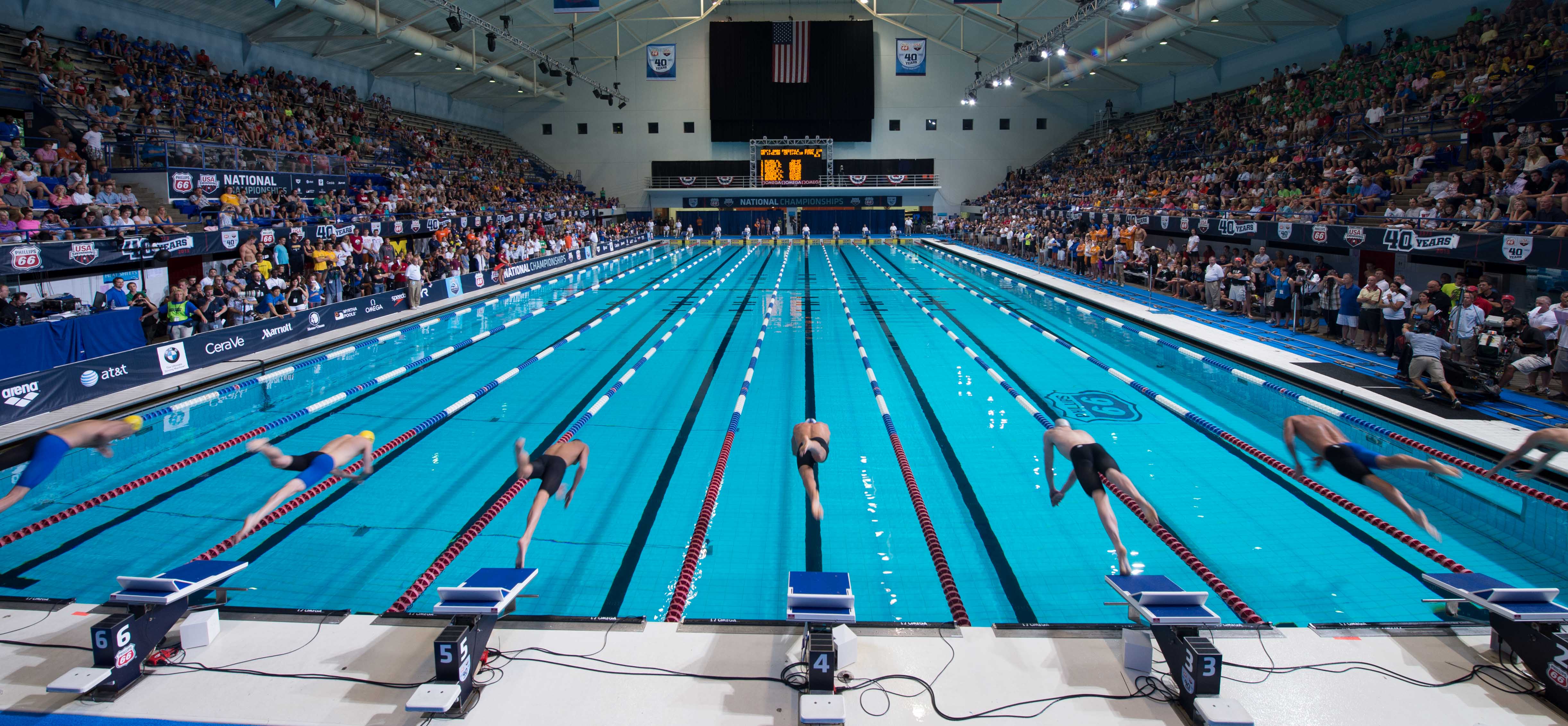3 Ways to Recover and Refresh Post-Season

With Junior Nationals, Futures, & Sectionals fast approaching, many athletes will soon reach the time of the year for rest and recovery. In this narrow window of time between the end of long course season and the beginning of short course, learn how to maximize your time off by mentally and physically recharging. Here are a few tips to make the most out of your post-season.
1. Step off the Pool Deck
This is the time to step back from your rigorous training and do other things. Swimmers are more than welcome to hop in the pool a few times to keep the feel for the water, but don’t hit the pool every day. Instead, use this opportunity to travel, hang out with friends and family, and explore other hobbies. As significant a part of your life as swimming is, leading a balanced lifestyle will help you maintain a good perspective and keep you from mentally burning out. Additionally, swimming less during this period will help your body repair chronic injuries that built up during training this year.
2. Be Smart about Cross-Training
Every year, there seems to be one athlete who got too excited with cross training and returned to pre-season already injured. Don’t be that person. Take advantage of the sports and activities around you rather than sitting on the couch all break, but be smart about the movements you engage in. For example, running all break when you normally never run could lead to injury because your body is less used to high-impact cardio exercise. Instead, opt for a variety of activities that are both fun and social. Go hiking and biking. Try surfing, stand-up paddle boarding, or water-skiing if it is available to you. Play sports with friends. Maintaining your fitness this way can be easy and fun instead of seeming like a chore.
3. Maintain your Strength
Getting back into training will be a much easier transition if you maintain your baseline level of strength. This does not require much investment on your part during your break either. You can do a 30-45 min weight room session a few times per week, or if you do not lift weights yet, you can get in a few sets of pullups, pushups, and squats every other day. This will not only maintain your muscle tissue, but it will also keep your body used to the pattern of movements you normally engage in for dryland. You’ll stay fitter during your break and feel better when training starts back up.
If you would like to stay in shape by using swim-specific strength training, check out this post!
Photo Credit: Mike Lewis
Related Posts

The Best Bench Press Variation You’re...
This post is part of our Coaches Corner series with Taylor Rimmer. Taylor is NSCA-CPT, StrongFirst...

Does Powerlifting Harm Heart Health?
A recent study has discovered that a 12-week supervised strength training program (SSTP) may result...
-1.png)
Barefoot Running: Is It For You? |...
Run Free: Consider Less Cushion
Updated October 2020:
With more athletes looking for ways to...


